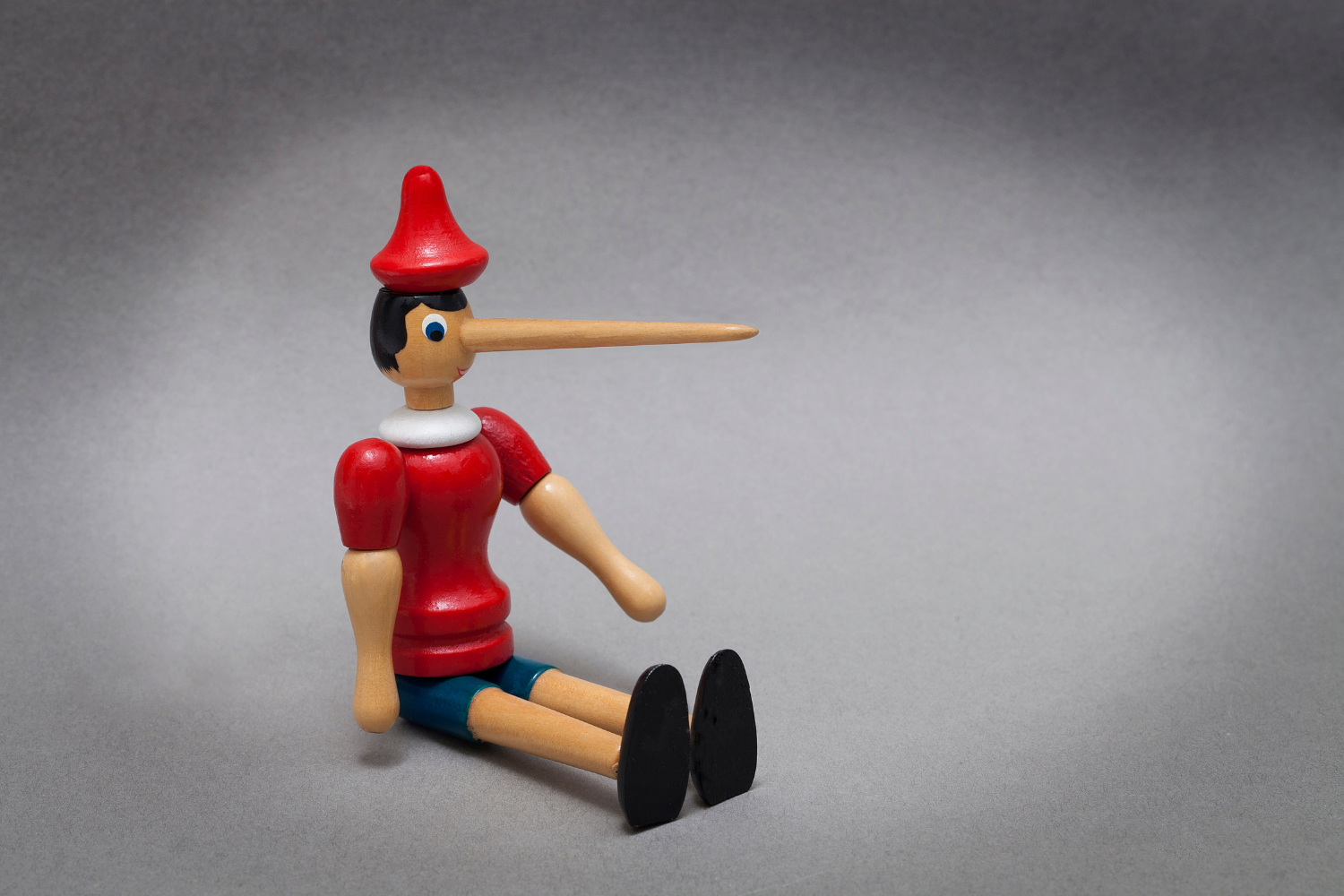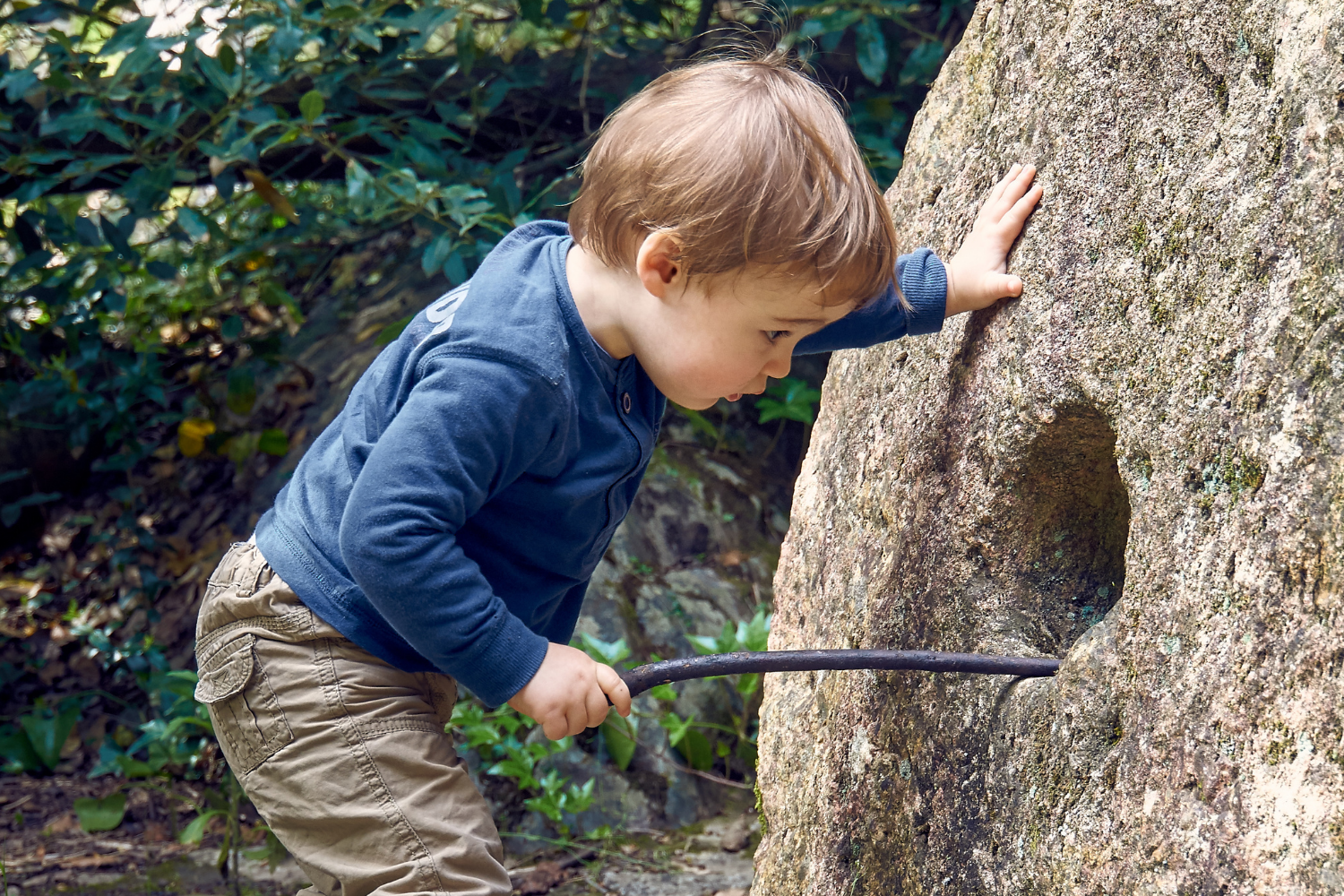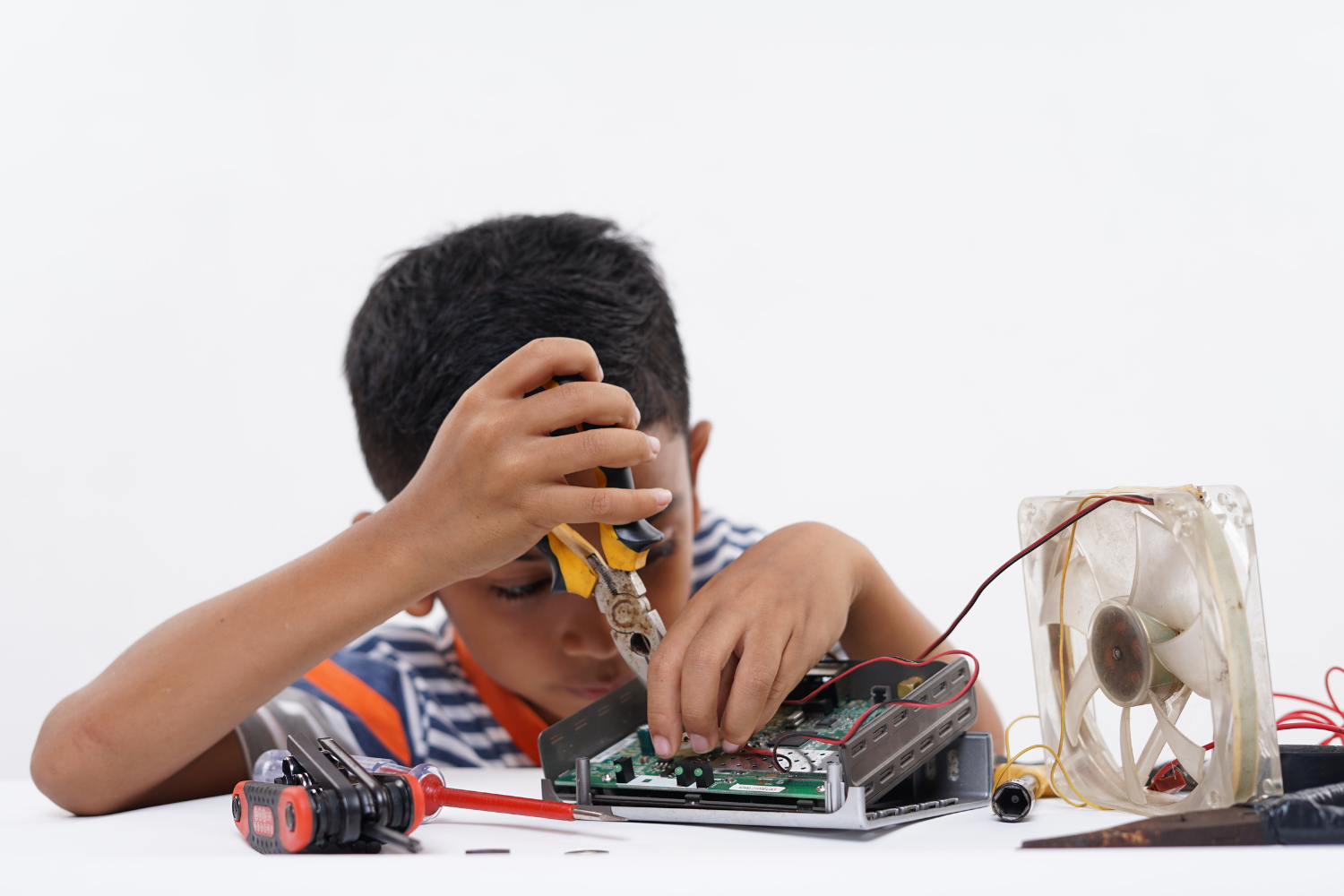You may be, it can be difficult to tell. Sometimes it requires an honest look into our own behavior. How ethical of a person are we?
“Ethics, also called moral philosophy, the discipline concerned with what is morally good and bad and morally right and wrong.”
And sometimes, it requires an honest look at how we are raising our children. Are we holding them accountable for their actions?
Regardless, each of us has an innate moral nature. At very early ages, children will begin to make judgment calls about what is right and what is wrong. Consider how young a child is when he begins to say things like, "But that's not fair!"
As children mature, we want to teach them how to govern their emotions and act with the intention to do the right thing. Conducting ourselves with integrity is a choice.
“Integrity, from the Latin word: integritas meaning purity; morally, uprightness”
Yet, given the state of affairs today, there appears to be a grave breakdown in our sense of right and wrong, making it challenging to model ethical behavior for our children.
Learning how to determine ethical boundaries begins in the home, but learned behaviors in school also play a role. As Vicky Abeles points out in her iconic film, The Race to Nowhere, 97% of high school students lie and cheat on exams throughout their high school years to be able to graduate at the end of their four-year term.
Now, upon first hearing this, you might think this kind of behavior is restricted to high school, but this isn't the case.
Children who learn to make exceptions for ethical behavior when the exceptions lead to acquiring something important, such as a high school diploma, are at risk of adopting habits contrary to good character.
“It is well said, then, that it is by doing just acts that the just man is produced, and by doing temperate acts the temperate man; without doing these no one would have even a prospect of becoming good.”
We can all sympathize with their plight as the demands made on schoolchildren are impossible, but something is wrong when they are part of an educational system that they cannot succeed at unless they lie and cheat. And we have to ask ourselves, "Do we really want to enroll them in such a system?"
Regardless, once bad habits such as these are established, it is unlikely they will be limited to the classroom. On the contrary, a habit is a habit, and to correct a bad one requires an intention to break the habit. But first, a person needs to see that there is a problem.
It's difficult, however, to see that you have a problem when your problem has become the norm. Between the school environment plus the unclear boundaries in the home, one can expect that the child's ability to accurately distinguish between right and wrong will be blurry, at best.
And this is what we are dealing with today. Lying and cheating are the norms to such a degree that even people who think they are ethical are not.
However, each individual is responsible for his own actions. We cannot shift the responsibility of our behavior to anyone or anything else. Science is good at blaming our behavior on mythical chemical imbalances or brain configurations that deviate from the norm.
We are very good at blaming our parents or anything we can reasonably point our fingers at, but the reality is that the only direction we can honestly point our fingers is at ourselves.
We all have the ability to choose and evading responsibility for our choices will get us nowhere. While the blame game may make us feel better momentarily, it will not make us a better person, and it will not help us raise better children.
Before we can assume responsibility for our actions, we have first to understand what is right behavior and what is wrong behavior. Once we can make this distinction, we must choose to correct our less-than-admirable behavior, so we act in harmony with our values.
It is of paramount importance that we teach this kind of mindfulness to our children. We must avoid putting them in situations that will undermine this teaching, and we must set a good example for them with our own behavior.
The latter means that we have to be honest with ourselves about the state of our characters. We learn to understand our character by diligently questioning our intentions and actions and correcting them when we find them not aligning with our values.
We all have a conscience and know in our heart of hearts when we are doing something wrong. As my father once said, "The road to Hell is a long series of negotiations with the devil." In other words, it isn't one big thing we do that determines who we are, but the little things we do over and over again that will eventually decide the state of our characters.
The majority of us often compromise our integrity in mindless ways. Sometimes we compromise it in simple acts like withholding information from a friend to produce an outcome that benefits us or maybe the grocery checker forgot to check something in our basket and we walked off without telling her.
But sometimes, we compromise our integrity in more significant ways.
“Virtue lies in our power, and similarly so does vice; because where it is in our power to act, it is also in our power not to act...”
We might do egregious things like damage someone's bumper and drive off without leaving a note. Maybe we plant the seeds of doubt about another person's character to mutual friends because we are envious of them? Maybe we charge for a high-quality service that we aren't competent to provide.
To correct these kind of behaviors, we have to stop and ask ourselves this question: for how much am I willing to compromise my integrity?
Will I compromise it for the 50 cents I didn't have to pay because the teller missed the apple in my cart? Will I compromise it for the 100 dollars I saved because I didn't fix the bumper that I damaged? Will I compromise it for the benefit I received for withholding information from my friend or lessening people's opinion of someone? Will I compromise my integrity for the extra money I earned for fraudulently advertising something I couldn't fully provide?
When we reflect on especially the minor injustices we commit, we realize for how little we will compromise our own integrity.
If you can understand that the little things add up to the big things, and the big things make up your character, somehow saving the cost of an apple or a bumper repair hardly seem worth it.
“What a piece of work is a man! How Noble in reason! How infinite in faculty! In form and moving how express and admirable! In Action, how like an Angel in apprehension, how like a God!
The beauty of the world, the paragon of animals—”
Don’t miss our free download, Ten Books Every Well-Educated Child Should Read.
For parents of children under age seven who would like to prepare their child for social and academic success, please begin with our online course, Raise Your Child Well to Live a Triumphant Life.
Become a Smart Homeschooler, literally, and give your child a first-rate, screen-free education at home and enjoy doing it. Join the Smart Homeschooler Academy online course.
Elizabeth Y. Hanson is an Educator, Homeschool Emerita, Writer, and a Love and Leadership Certified Parenting Coach with 20 years of experience working in children’s education.
Utilizing her unusual skill set, coupled with her unique combination of mentors, Elizabeth has developed her own comprehensive understanding of how to raise and educate a child. She devotes her time to helping parents get it right.
☞ Disclaimer: This is not a politically-correct blog.


















































































